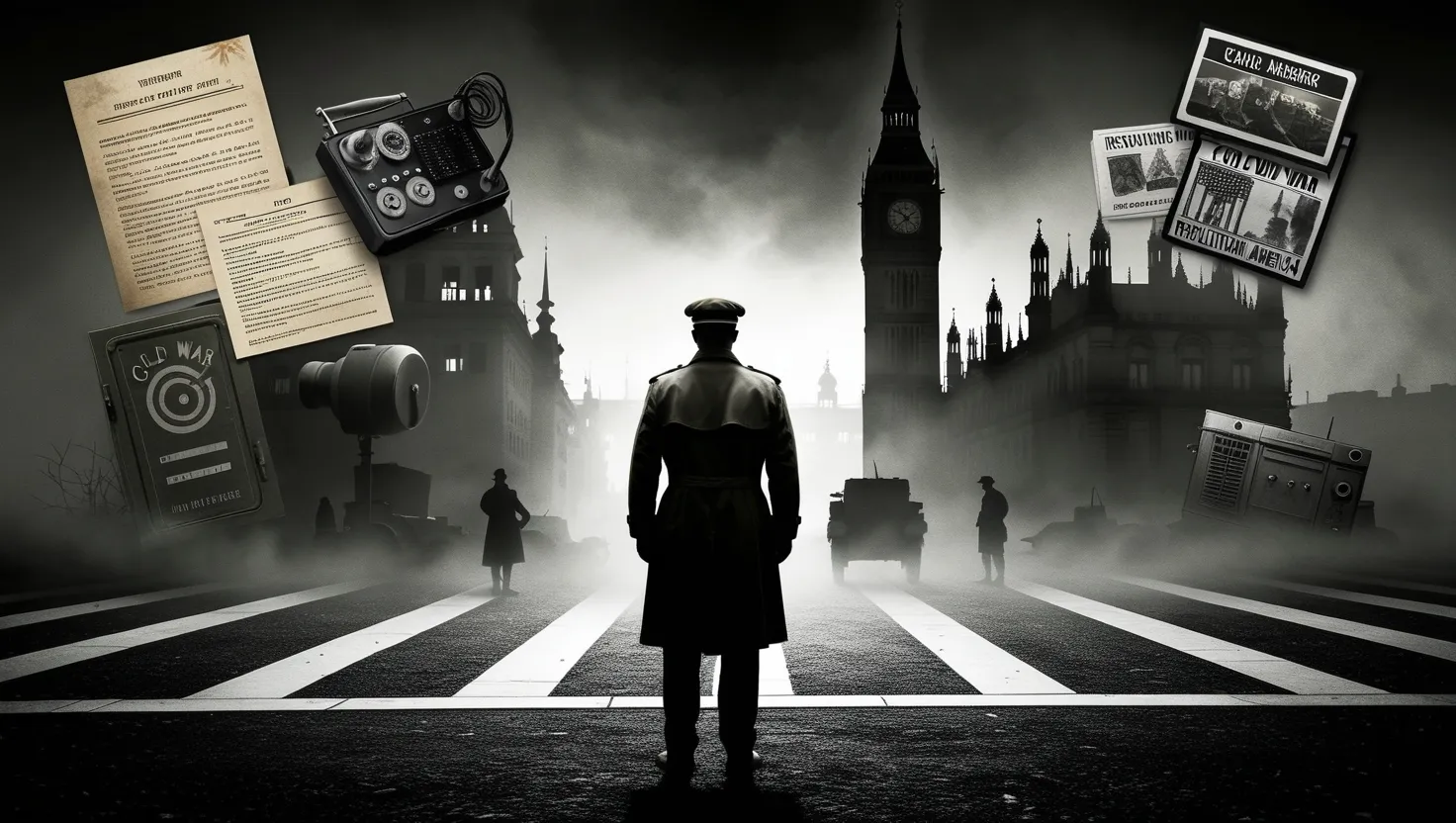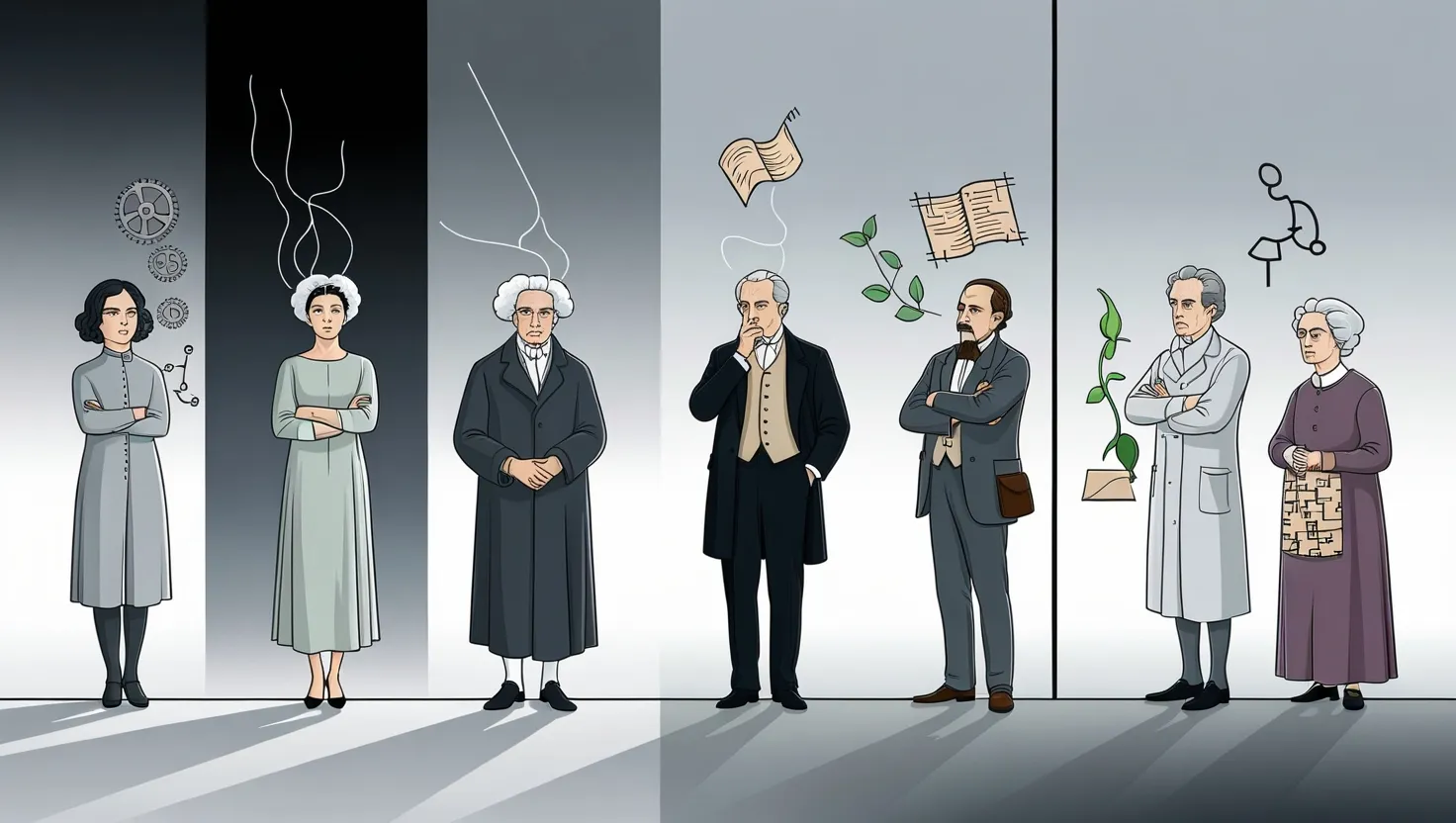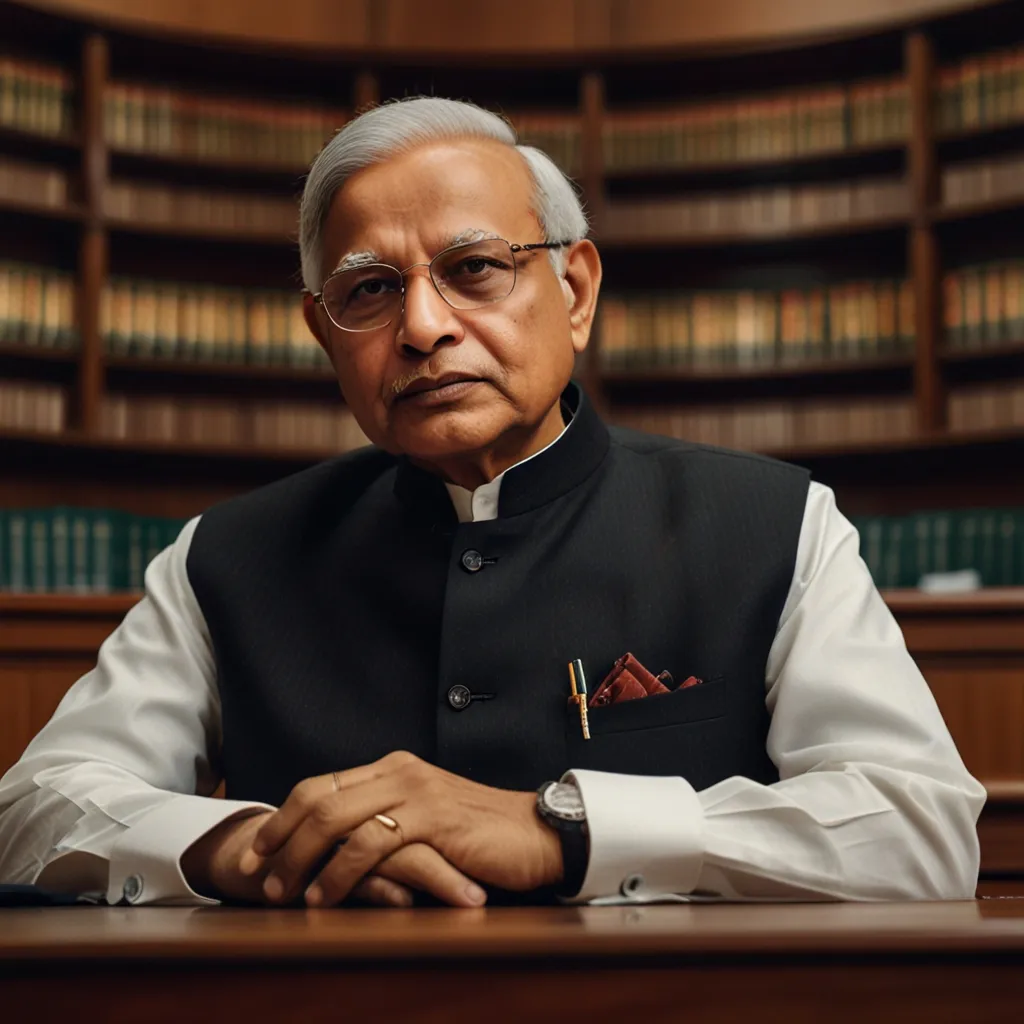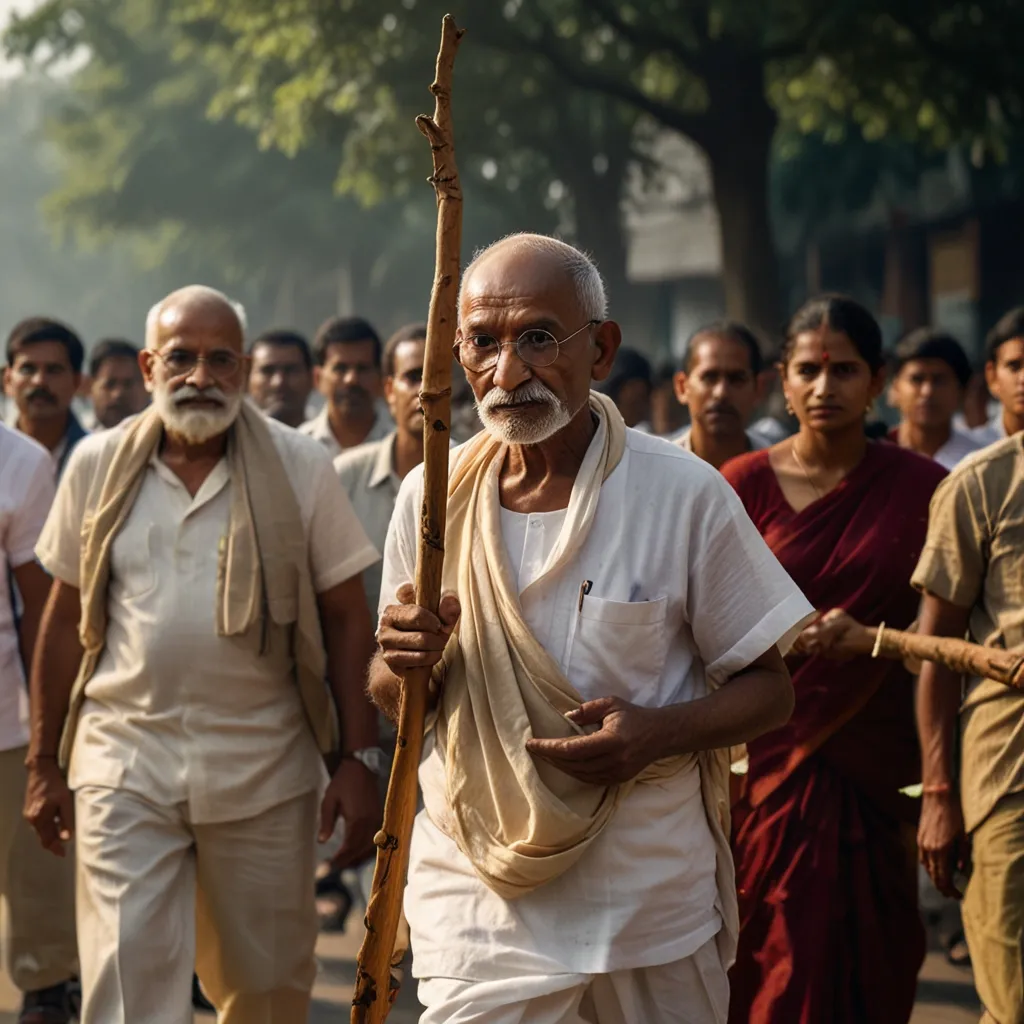Espionage, often glossed over by the public, has shaped major events far more than most realize. The shadowy existence of spies isn’t as glamorous or predictable as cinema suggests. Instead, lives hang in the balance, regimes teeter, and the world shifts—sometimes from a single leak, a coded message, or a moment of personal courage. Let’s look at five very different spies and ask: What truly drives someone into the world of secrets, and how did each help shift the unfolding of history?
Consider the story of Mata Hari. She’s become almost a shorthand for seduction and betrayal. A Dutch dancer who moved amid Europe’s elite, she exploited her fame to gather privileged information. For most, she’s just the “exotic double agent,” yet beneath the rumors, her life exposes real vulnerabilities in security systems: trusting officials, love affairs, and the willingness of societies to stereotype espionage as anyone with a mysterious past. Mata Hari’s downfall wasn’t just about secrets. It was a warning for intelligence agencies and governments: personal relationships can be as dangerous to national security as conventional war. Isn’t it odd how one tragic figure can reshape public suspicion toward female spies for decades?
“Patriotism is not short, frenzied outbursts of emotion, but the tranquil and steady dedication of a lifetime.” —Adlai Stevenson II
Jump backward to Nathan Hale, whose youthful bravado met a fatal end during the American Revolution. He failed his mission, got caught, and was hanged, but his legacy is deeper. The famous final words—“I only regret that I have but one life to lose for my country”—are less about espionage than the power of symbolism. Hale made intelligence gathering seem, suddenly, noble and tragic, introducing an ethos of sacrifice that American spies still claim as part of their DNA. What’s more curious: Hale’s mission was operationally a disaster. His legend grew, not for what he accomplished, but for how he died and what his example signified. Does courage matter more when it’s visible, or when it remains silent in the shadows?
We’ll leap into the British world of Cambridge Five next. Imagine, for a moment, living inside deception for decades—successfully. This group, especially Kim Philby, challenged everything the security services trusted. Handing sensitive intelligence to the Soviet Union, these men didn’t just pass information; they accelerated the development of Soviet nuclear capabilities and tipped the balance during critical moments of the Cold War. Why would highly educated, respected professionals betray their country? The answer isn’t money—they acted mostly from ideology. This forced intelligence agencies to rethink how they hire and vet operatives, setting up background checks and loyalty assessments still used today. How do we really know where someone’s loyalties lie? Is a belief more powerful than a paycheck?
“Three may keep a secret, if two of them are dead.” —Benjamin Franklin
Virginia Hall’s story stands out because it challenges so many assumptions. She operated with a prosthetic leg, eluded the Gestapo, and ran some of the most effective French Resistance networks during World War II. Her success wasn’t about physical prowess. She coordinated sabotage, rescued prisoners, and kept communication lines running. Hall’s legacy is about resilience and adaptation. Most still overlook how she developed coded ways of communicating under German surveillance—techniques echoed in special operations training even now. If you think spies are always physically perfect, think again. Sometimes, disadvantage breeds innovation. What would have happened if Hall had given up, believing she was too “disabled” to matter?
“The greatest glory in living lies not in never falling, but in rising every time we fall.” —Nelson Mandela
The landscape of espionage changes when you meet Aldrich Ames. A soft-spoken CIA counterintelligence officer, his betrayal in the 1980s and early 1990s shredded America’s intelligence operations. Dozens of assets in the Soviet Union lost their lives, and the agency spent years untangling the web of compromised missions. Here, the lesson is systemic. Ames exploited weak oversight of both polygraphs and finances. His actions didn’t just hurt the CIA—they sparked an overhaul of how insider threats are detected. Can a single traitor cripple national security more severely than a hostile government?
Who benefits when intelligence agencies build new security cultures—agents or society? Entire surveillance systems and employee vetting now depend on avoiding the fate of another Ames. It’s surprising how learning from one betrayal can prompt tighter controls everywhere else.
“Who dares wins.” —British SAS motto
Espionage is a human game. These five spies thrived, faltered, and changed everything, sometimes unintentionally. Each story reveals a hidden side not immediately obvious: the reliance on character, opportunity, and unpredictability over fancy gadgets or brute strength. The next time you hear about spies in the news, recall that the biggest influence isn’t always high-tech. Intuition, personal choices, and trust determine more outcomes than anyone cares to admit.
Mata Hari reminds intelligence services to be wary of assumptions about appearances. Nathan Hale shows us how myth and reality merge to inspire. The Cambridge Five provoke hard questions about ideological loyalty versus national identity. Virginia Hall teaches endurance in the face of obstacles thought insurmountable. Aldrich Ames warns that hidden motives can quietly topple empires.
If you were faced with a choice between loyalty and ideology, which would guide you? Would you risk everything as Nathan Hale did, or operate quietly in the margins like Virginia Hall? Are we ever truly prepared to deal with the consequences when secrets slip from the shadows into history?
The stories of these spies are reminders not only of what’s at stake, but also of the persistent unpredictability of human nature itself. Each operated for different reasons, in different contexts, but together they show how invisible forces shape the world as much as public battles or treaties. Espionage may run in darkness, but its impact leaves visible marks that last for generations.
“History is written by the victors, but sometimes, it’s stolen by the spies.”






